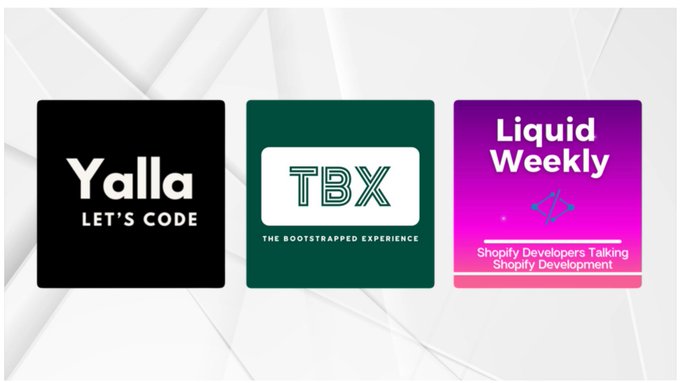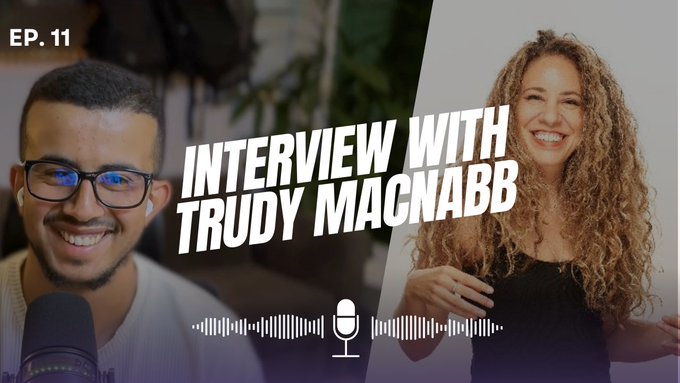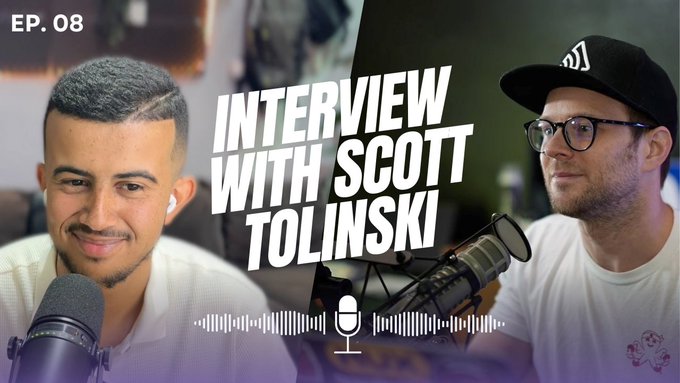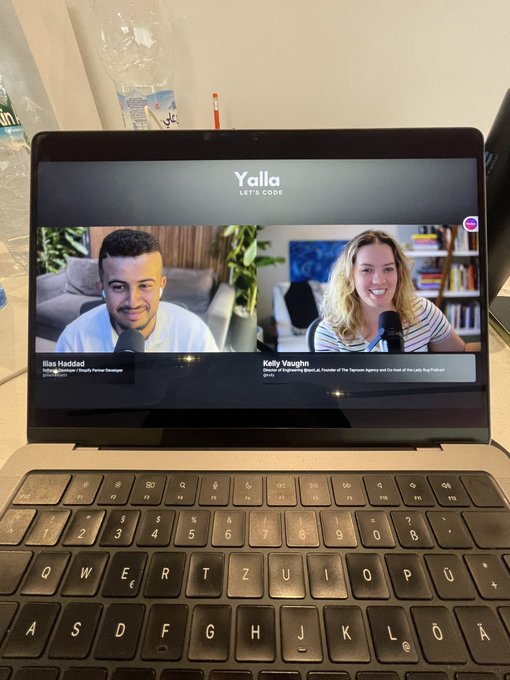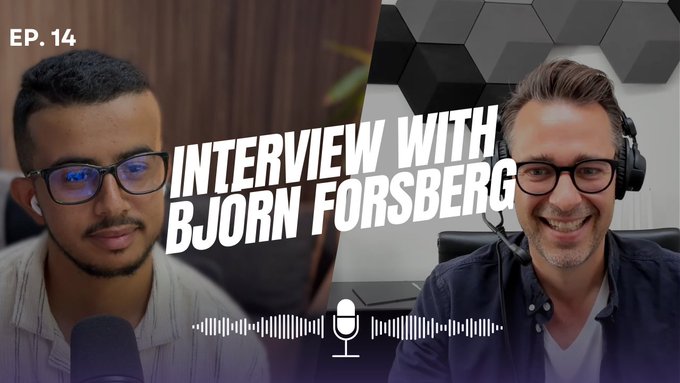From Code to Community: 8 Brutally Honest Lessons on Building a Global Tech Conference
What does it take to go from a software developer to the founder of a global series of tech conferences? It’s not just about knowing JavaScript. It's about resilience, cultural intelligence, and a whole lot of grit.
We sat down with Ayman, the mastermind behind BGS and conferences like React Paris, React Brussels, and React Africa. He shared the unvarnished truth of his entrepreneurial journey. Here are the eight biggest lessons from our conversation.
1. Embrace 'Feeling Stupid'—It's a Feature, Not a Bug
Every developer knows the feeling: you’re staring at a problem that feels impossible, and the imposter syndrome creeps in. Ayman’s first internship was a trial by fire.
"I spent like around 10 days working on [a simple task] and I couldn't do it... going home almost every day almost crying, you know, like feeling stupid. But then I got used to it and it actually became part of the fun and the game of it."
Takeaway: The feeling of being out of your depth is a sign of growth. In a field that changes constantly, your ability to learn from that 'stupid' feeling is your greatest asset. Don't run from it; recognize it as progress.
2. Passion Isn't a Buzzword, It's a Survival Mechanism
Is a high salary enough to sustain a career in tech? Ayman argues it's a dangerous game to play.
"If you don't like it, it's one of the most depressing and the most difficult jobs that you can do... if you're just doing it for the money, which is fine, but just be careful because at some point it can become very difficult."
Takeaway: The inevitable late nights and frustrating bugs are only tolerable if you genuinely love the process of building and problem-solving. If your only motivation is the paycheck, burnout is almost guaranteed.
3. In-Person Events Create an Unmatched 'Builder's High'
After all the networking and learning at a conference, something magical happens.
"Every time I go back from a conference I feel like super energized and super motivated because I have so many ideas and so many new things I want to test and try... you just would like just to go home and build something."
Takeaway: Digital communities are great, but the energy of a physical space filled with passionate peers is irreplaceable. It’s a catalyst for innovation and a powerful antidote to the isolation of remote work.
4. Culture Dictates Your Business Strategy (Especially Sales)
When Ayman expanded to React Africa in Morocco, he discovered a critical difference from his European events.
"In Europe, it's the companies that pay tickets to their employees... In Morocco... it's kind of like part of their own budget where they have to buy the ticket."
Takeaway: A business model is not one-size-fits-all. Pricing, marketing, and sales strategies must be adapted to local economic realities and cultural norms. What works in one continent can completely fail in another.
5. The Biggest Entrepreneurial Stress is Sales Uncertainty
What's the hardest part of running a conference? The logistics? The speakers? Nope.
"The main stress... is the sales part. Because basically... you just take a bet and say, 'Okay, this year we're gonna have 200 people.'... It's very difficult to predict."
Takeaway: Entrepreneurship is often a game of calculated risks. No matter how good your product or event is, you're always at the mercy of the market. Managing this financial and emotional uncertainty is a core entrepreneurial skill.
6. To Find New Voices, Remove Your Bias
How do you avoid a conference lineup of the same familiar faces? BGS has a simple, powerful system.
"We also have anonymized CFPs. So basically, when voting, you just vote on a talk title and talk description. You don't know who's the person behind it... to get the chance to have a more diverse speaker lineup."
Takeaway: True diversity and inclusion require intentional systems. By removing identifying information, you're forced to judge an idea on its merit alone, opening the door to brilliant people you might have otherwise overlooked.
7. Marketing to Developers is Hyper-Local
Ayman's experience marketing across borders revealed a startling truth.
"In Belgium, people, most of the developers don't have social networks... If you go to the US... most developers don't even have a LinkedIn because they are on Twitter."
Takeaway: Your audience isn't a monolith. 'Developers' in different countries behave in fundamentally different ways. Before you spend a dollar on marketing, do the research to find out where your specific audience actually spends their time.
8. Your Personality Isn't Permanent—Evolve to Meet Your Goals
One of the most profound lessons came from a book recommendation: Personality Isn't Permanent.
"If you are categorized as someone who is lazy, you can change that. It doesn't mean that you have to stay lazy your entire life... You can change who you are."
Takeaway: Don't let your current identity limit your future potential. If you're a 'shy' person who wants to be a founder, you can learn to be a great networker. Your traits aren't fixed. You can consciously evolve into the person required to achieve your goals.
What part of Ayman's journey resonated with you the most? Let us know in the comments below!


